- Phone: +91 94800 58379
- Mon-Sun 24/7
- contact.sanyrahospital@gmail.com


Male Infertility

Male infertility—defined as the inability of male reproductive organs to conceive offspring—has recently emerged as a serious topic of conversation, often overshadowed by discussions around female fertility. While overshadowed by female fertility discussions, Male Infertility Treatment in Bangalore remains integral in couples’ attempts at starting families. We will explore the causes, diagnostic processes, and treatments available, as well as the emotional effects on individuals and couples alike in this article.
Fertility issues typically originate with one partner; male infertility accounts for 40-50% of all cases of infertility cases in couples undergoing regular, unprotected sexual relations over 12 months. Although it’s easy to assume fertility concerns stem solely from female partners, male infertility accounts for approximately 40%-50% of total fertility issues in relationships.
1. Sperm Production and Quality: Sperm production quality can range anywhere between 0.5-2.00mm per inch of length, according to manufacturer specifications.
3. Hormonal Imbalances:
4. Varicocele:
5. Genetic Factors:
6. Lifestyle and Environmental Factors:
Emotional Impact : Male infertility can bring with it many mixed emotions
If you’re seeking a Male Infertility Treatment in Kengeri or Bangalore, Dr. Rajendra Prasad is here to help. To schedule a consultation or get more information about his services, contact us at Sanyra Hospital. Dr. Rajendra Prasad and his team are committed to providing high-quality care and ensuring that you receive the best possible Treatment for male infertility.
If you’re seeking Male Infertility Surgeon in Kengeri or Bangalore, look no further than Dr. Rajendra Prasad . With his expert care and personalized approach, you can be confident that you are in capable hands. Dr. Rajendra Prasad is an MBBS, MS (General Surgery), MCh (Urology), Consultant Urologist, Andrologist, Endoscopic, Laparoscopic & Kidney Transplant Surgeon with over 12+ years of service. He has handled many critical surgeries and is highly experienced in treating male infertility and other urological conditions.
Male infertility is an intricate issue that requires thoughtful consideration and support from family members and healthcare providers. Advances in medical technology and treatments provide hope to individuals and couples facing fertility difficulties. Through proper diagnosis, informed choice-making, open dialogue with partners facing male infertility challenges, and professional assistance such as fertility specialists and emotional support groups; couples can navigate this terrain toward becoming parents.
Male infertility can be caused by various factors including low sperm production, abnormal sperm function, blockages preventing sperm delivery, chronic health problems, and lifestyle choices.
Yes, maintaining a healthy lifestyle, including regular exercise, a balanced diet, avoiding smoking and excessive alcohol, and managing stress can improve male fertility.
Treatments for male infertility include medication, surgery, assisted reproductive technology (ART) such as IVF, and lifestyle changes.
If you and your partner have been trying to conceive for over a year without success, or if you have any concerns about your reproductive health, it is important to seek medical advice.
Yes, male infertility is quite common, affecting a significant percentage of couples trying to conceive.

We are happy to assist you! Fill the form we will contact you soon!
Sanyra Hospital is a leading Multi-Speciality Hospital in Kengeri Bangalore and diagnostic centre. With a commitment to providing high-quality healthcare services, it offers a wide range of medical specialties and advanced diagnostic facilities to meet the diverse healthcare needs of the community. We have dedicated urology center & dialysis center.
© 2023, Sanyra Hospital. All Rights Reserved.
WhatsApp us